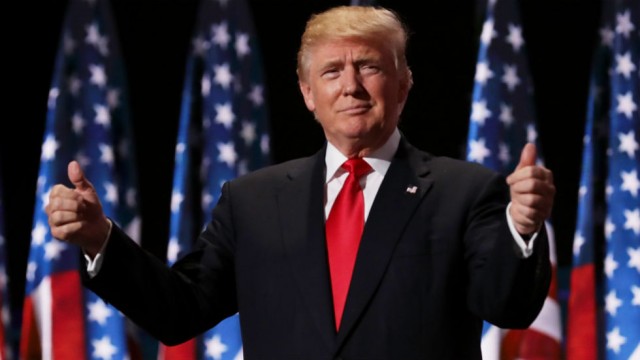The White House has announced that President Trump will be re-examining the fuel economy standards that were put in place by the Obama administration back in 2012. Rescinding the EPA’s decision to go forth with the standards could lead to regulations being potentially reduced in the coming years.
Automakers and the government had agreed to achieve an average of 54 MPG for their fleets by the year 2025. Both sides also agreed to re-evaluate the feasibility of the standards in 2017 and 2018. In 2016, however, the EPA rushed a technical assessment report, determined the industry was on track to hit its goals, and moved to lock in the standards before Trump came to office.
Now though, under the pressure of the automakers, Trump is reviving the original timeline, and re-evaluating the standards again. Given the fact that Trump has already vowed to dismantle other Climate Change initiatives started under President Obama, critics fear that the standards could now be rolled back.
The White House said that slow sales of electric cars and high demand for large SUVs and trucks need to be considered in the review, and that the standards need to be representative of what consumers are buying. This argument echoes the one made by the automakers, who have been lobbying the government for reduced regulations on fuel economy.
Many have criticized Trump’s decision, arguing that fuel economy standards save consumers money at the gas pump, make Americans less dependent on oil, helps trade deficits, reduce carbon pollution, and advance innovation. Undoing the standards could lead to expensive litigation and economic uncertainty which would threaten gains made by automakers in recent years.
Trump, however, will not revoke a waiver that allows California and other states to set their own emission standards above those of the EPA. If those regulations remain in place, then automakers will likely be forced to move forward with the fuel economy targets. California is a highly pivotal state when it comes to emissions standards and they will not abandon their core principles. If the states moves forward with regulations that push for electrified vehicles and reduced emissions, then the automakers will likely have to comply and follow suit.

